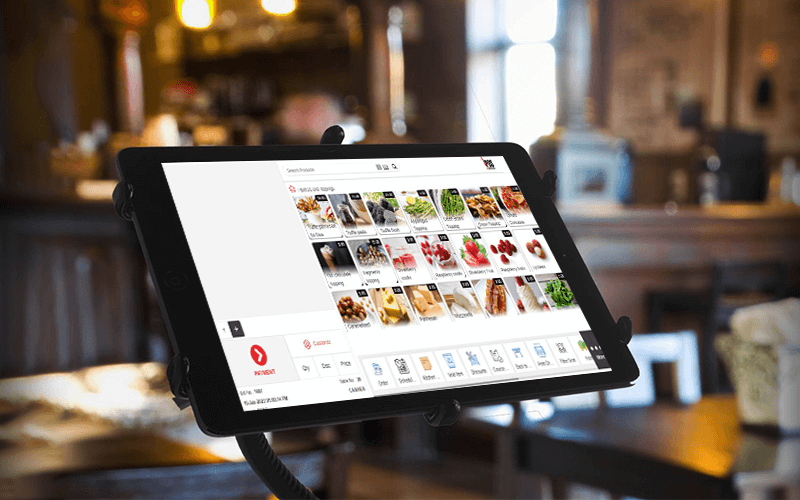As the restaurant industry grows more competitive, restaurant owners and managers are turning to technology to help them make smarter business decisions. One technology solution that has become essential for restaurant operations is the Point of Sale (POS) system. Today’s advanced restaurant POS systems not only provide the ability to process transactions, but they also offer valuable analytics and reporting features that can help improve business operations and overall profitability.
In this article, we will delve into the importance of analytics and reporting features in a restaurant POS system.
1. Data-Driven Decision Making:
Analytics and reporting features provide restaurant owners and managers with valuable data insights that can be used to make data-driven decisions. From sales trends to inventory management, this data can help optimize operations and improve the bottom line.
2. Sales and Inventory Reporting:
A good restaurant POS system will provide detailed sales reports and inventory tracking features. These reports can help restaurant owners and managers keep track of their inventory levels, as well as identify top-selling items and seasonal trends. This data can then be used to make informed decisions about inventory management and menu planning.
3. Labor Management:
Labor costs are a significant expense for most restaurants, and a restaurant POS system with analytics and reporting features can help control these costs. By tracking employee hours, shift schedules, and productivity, restaurant owners and managers can make informed decisions about staffing levels and scheduling.
4. Staff Performance:
The analytics and reporting features of a POS system can also track staff performance, including sales performance, order accuracy, and customer satisfaction ratings. This information helps restaurants identify training opportunities and incentivize staff to improve their performance, leading to increased customer satisfaction and loyalty.
5. Financial Management:
Analytics and reporting features provide restaurants with the ability to track their financial performance, including expenses, revenue, and profits. This information allows restaurant owners to make informed decisions about pricing, cost-cutting, and revenue-generating strategies.
6. Customized Reports:
A good restaurant POS system should allow for customized reports that can be tailored to the specific needs of the business. This means that restaurant owners can generate reports on the specific metrics that are important to their business, such as sales by day or time of day, or by menu category.
7. Sales Forecasting:
The analytics and reporting features of a POS system can also provide restaurants with the ability to forecast future sales based on historical data. This information is valuable for menu planning, staffing, and inventory management.
8. Operational Efficiency:
The analytics and reporting features of a POS system can also help improve operational efficiency by identifying areas where processes can be streamlined or automated. For example, if a restaurant is experiencing long wait times due to a slow kitchen, the POS system can provide data on the time it takes for each dish to be prepared, allowing restaurant owners to optimize their kitchen operations.
9. Customer Insights:
Analytics and reporting features in a POS system can also provide insights into customer behavior, such as their preferred menu items, order frequency, and customer loyalty. This information can be used by restaurant owners and managers to tailor their offerings to better meet customer needs, which can lead to increased customer satisfaction and loyalty.
10. Real-Time Data Insights:
Advanced restaurant POS systems provide real-time data insights that allow restaurant owners and managers to quickly identify and respond to potential issues. For example, if a menu item is not selling as expected, real-time data can help restaurant owners and managers make quick decisions about whether to adjust the menu or promotions.
Final Thoughts
In conclusion, analytics and reporting features are essential in a restaurant POS system, providing valuable data insights that can help improve business operations and overall profitability. Restaurant owners and managers who invest in an advanced Restaurant POS system from iPOS that comes with these features will be better equipped to make informed decisions and drive success in the highly competitive restaurant industry.






